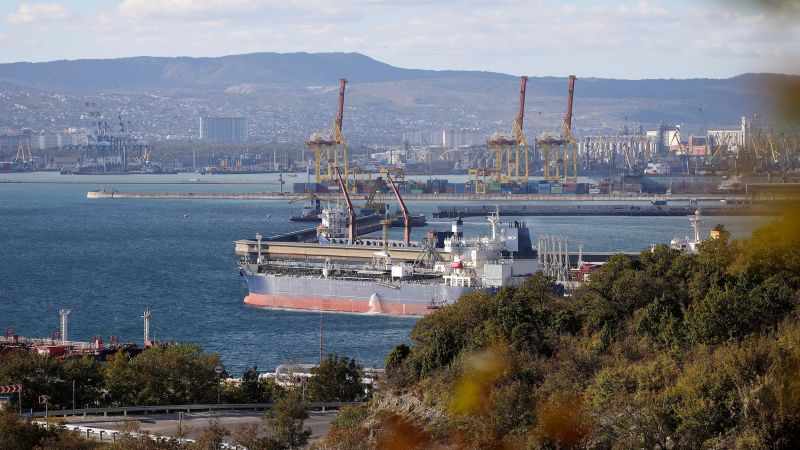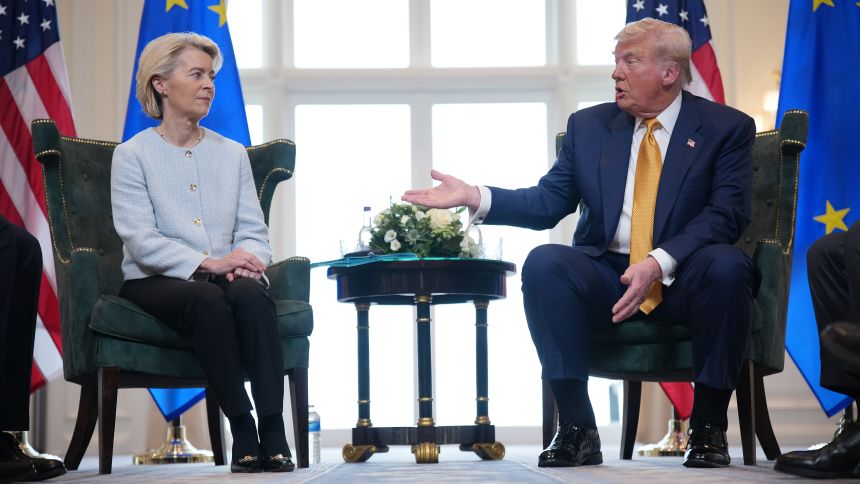
Navigating the Intersection of Tariffs and Geopolitics
Opinion | 8/6/2025
President Donald Trump’s steady implementation of tariffs as a negotiating tool is poised to collide with intricate geopolitical constraints. Trump’s approach, characterized by the imposition of tariffs on various goods from multiple countries, is facing a critical juncture where the complexities of international relations may hinder its effectiveness. This strategy, aimed at leveraging economic pressure to secure advantageous agreements, is encountering challenges that underscore the intricate interplay between trade policies and global diplomatic dynamics.
The administration’s tariff-centric approach has been a central pillar of Trump’s economic agenda since taking office. By imposing tariffs on goods from key trading partners like China, the European Union, and Mexico, the President aimed to address trade imbalances and protect American industries. However, as these measures unfold, the intricate web of international relations is proving to be a formidable obstacle to the straightforward application of tariff policies.
As the global economic landscape evolves, the efficacy of Trump’s tariff strategy is under scrutiny. The delicate balance of power among nations, coupled with the intricate dependencies of international trade, adds layers of complexity to the administration’s efforts to wield tariffs as a bargaining chip in negotiations. This collision between Trump’s tariff-centric approach and the intricate geopolitical realities highlights the nuanced nature of international diplomacy and trade relations in a rapidly changing world.
Unnamed sources familiar with the administration’s trade policies emphasize the need for a recalibration in light of the evolving geopolitical landscape. While Trump’s relentless pursuit of favorable trade deals through tariffs has been a hallmark of his presidency, the current juncture signals a critical moment where the constraints of global diplomacy may necessitate a reevaluation of this strategy. The intersection of tariff policies with geopolitical realities underscores the intricate dance between economic interests and international relations, shaping the trajectory of US trade policy in an increasingly interconnected world.


